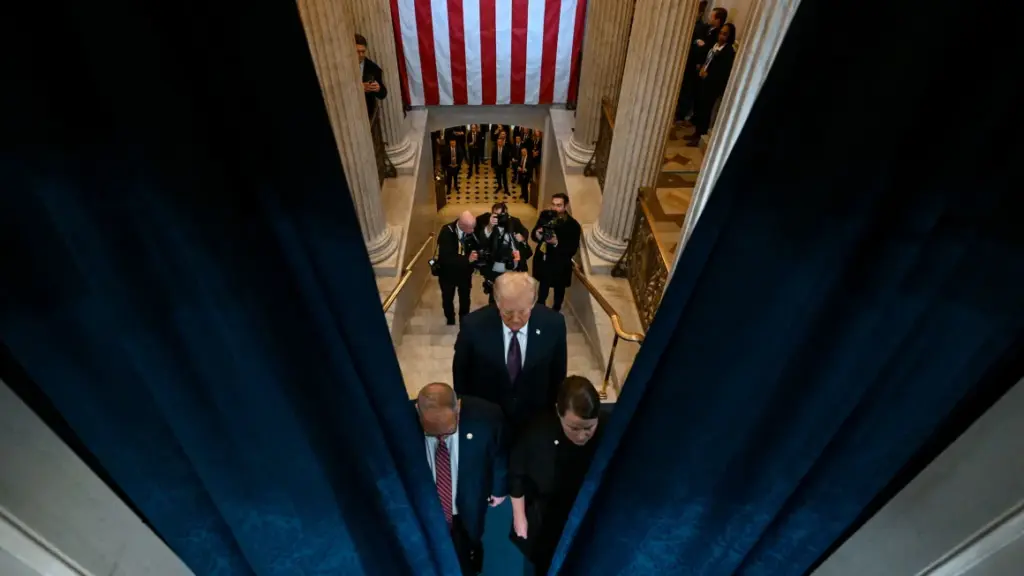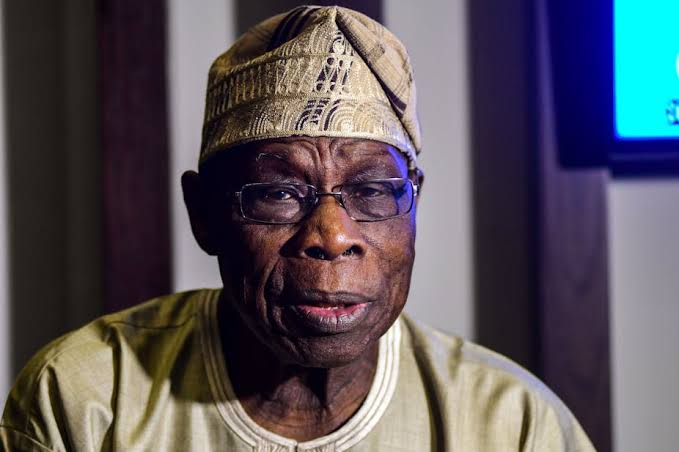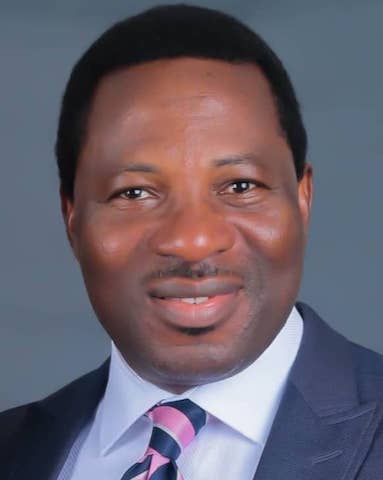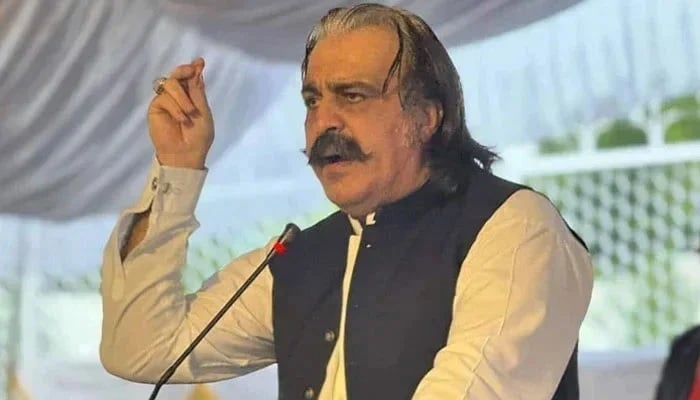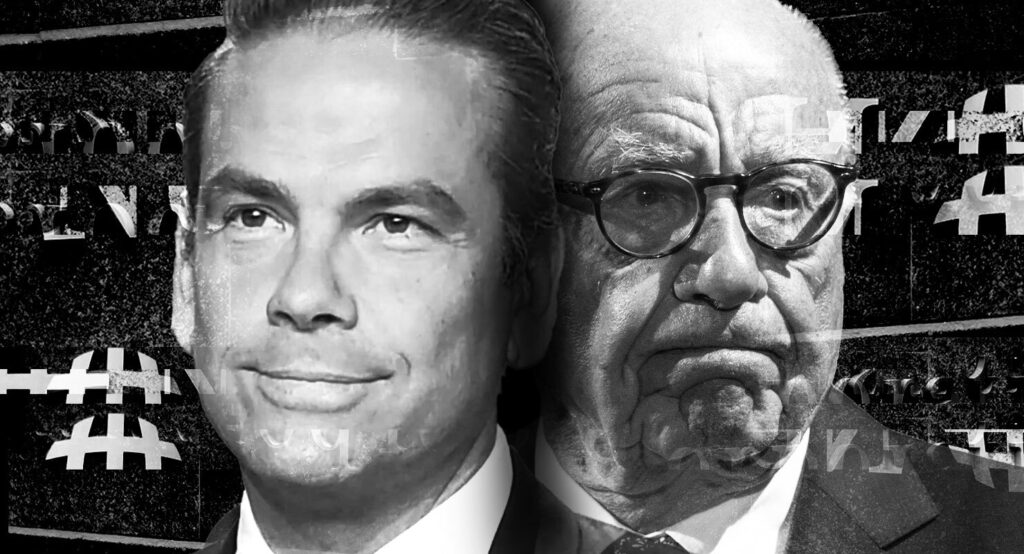Will Donald Trump be next US President? His chances in 4 strengths and 4 weaknesses
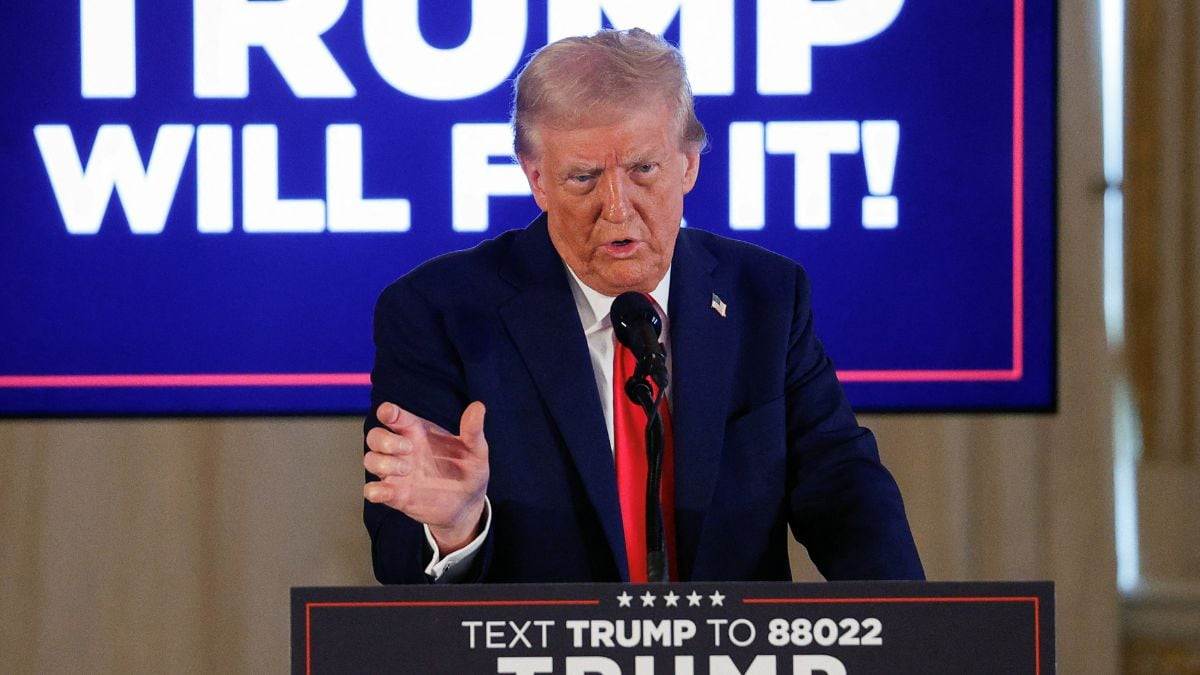
Politics tamfitronics
Politics tamfitronics Donald Trump, the ultimate disruptor, continues to defy conventional politics, where his greatest strengths often double as his biggest weaknesses in shaping America’s political arena
read more
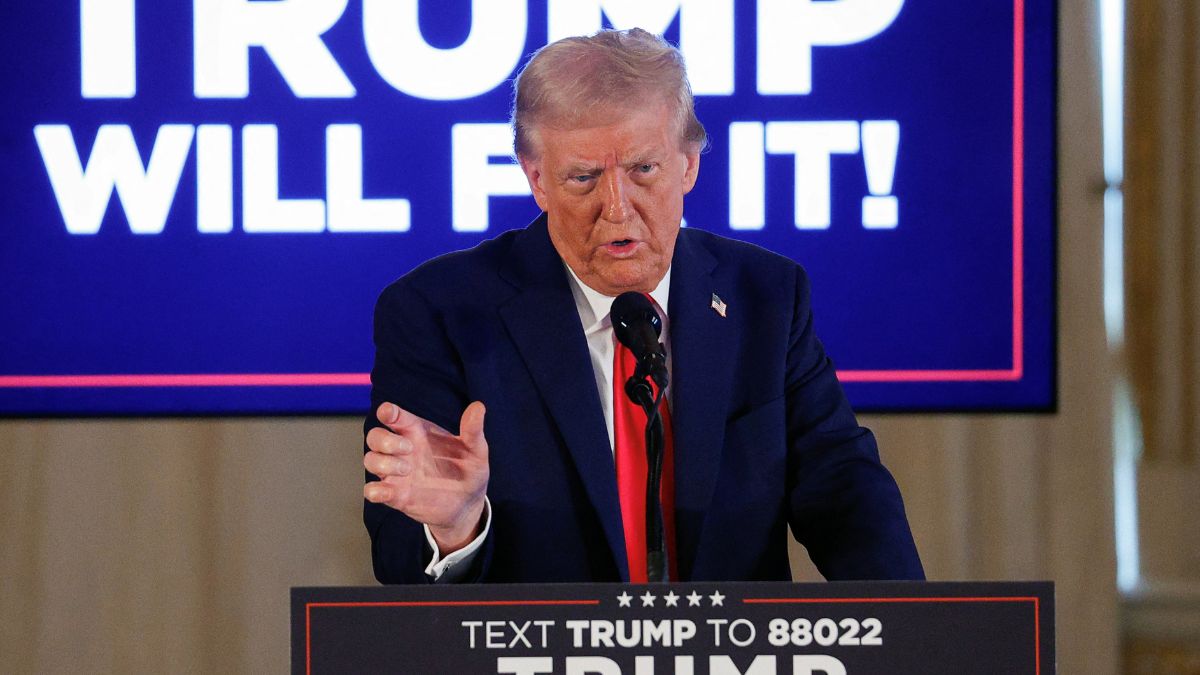)
(File) Republican presidential nominee and former US President Donald Trump. Reuters
We often talk about disruptors—those who shake up industries, revolutionise technology or redefine the rules. Donald Trump stands out as the ultimate disruptor in the political arena. Love him or loathe him, there’s no denying his impact on American politics. His approach has completely rewritten the traditional political playbook, attracting supporters and critics alike.
Recently, Trump has been making waves with his speeches. His portrayal of America is stark, describing the nation as “broken,” “crooked,” and “occupied.” Unlike most candidates who project optimism, Trump paints a bleak picture of the very country he aspires to lead. It’s an unusual strategy—no other politician would so openly criticise their homeland on the campaign trail. And yet, despite this unconventional rhetoric, Trump remains neck and neck with Kamala Harris, his primary competitor.
Defying legal and political norms
Trump’s defiance extends beyond rhetoric. He’s been found guilty of multiple crimes including sexual assault and fraud. Normally, these charges would end a political career. But Trump has shown that the rules don’t apply to him in the same way. Somehow, these controversies only seem to fuel his support base. Why? To understand this paradox, one must examine Trump’s history in American politics.
Trump’s political journey is itself unorthodox. He has been affiliated with three different parties—the Democrats, the Republicans and the Reform Party. His first presidential campaign was in 2000 under the Reform Party banner, which he abandoned after a few months. During Barack Obama’s presidency, he re-emerged as a prominent political figure, notably through the “birther” conspiracy, where he questioned Obama’s citizenship. Mainstream media initially dismissed him, yet he was given considerable airtime, and Trump capitalised on the exposure.
In 2016, Trump seized the moment, capitalising on widespread anti-establishment sentiment. While Hillary Clinton won the Democratic nomination, her challenger, Bernie Sanders, had garnered significant support, indicating a hunger for change. Meanwhile, Trump clinched the Republican nomination as a political outsider, embodying a new wave of populist fervour. From then on, Trump ripped up the traditional political playbook, casting himself as a billionaire free from the influence of lobbyists or special interests—a man of the people.
The strengths propelling Trump’s 2024 bid
As Trump gears up for another run, he brings several unique strengths to the table. First is the perception of being “teflon-coated”—controversies seem to slide off him without lasting damage. His second advantage is the geopolitical landscape. America is currently involved in two major conflicts, which have strained supply chains and elevated the cost of living. Trump’s promise to end both wars on “day one” resonates, even if the specifics are vague. His anti-war stance aligns perfectly with many voters’ desires for peace.
Another strength is his perceived authenticity. Unlike Harris, who has shifted her stance on issues like border security and healthcare, Trump has doubled down on his positions. This consistency, even when extreme, reinforces his image as someone who is unapologetically himself. Finally, Trump’s economic message is tailored to appeal to struggling Americans. By advocating tariffs to protect domestic industries and controlling immigration to safeguard American jobs, he speaks directly to people frustrated by high living costs, a porous border, and slow job growth.
For many Americans, the choice seems straightforward: a vice president associated with the current economic and geopolitical crisis or a candidate promising radical change.
Trump’s weaknesses: The double-edged sword of authenticity
Yet, Trump’s strengths are also his vulnerabilities. His authenticity extends to traits many find troubling—racism, misogyny and a confrontational style that alienates certain groups, notably women voters, who are increasingly drawn to Harris. His age is another concern. At 78, Trump appears visibly worn in recent speeches, contrasting with Harris, who is younger and more energetic.
Another significant weakness is his campaign’s ground game. While the Democrats have a well-organised, expansive grassroots operation, Trump relies on untested strategies. For instance, Elon Musk has offered financial incentives for voter registration. However, these methods lack the robustness of traditional door-to-door canvassing, phone calls and voter education efforts essential for a successful campaign.
Trump’s extreme positions also risk alienating undecided voters and moderates. His strong anti-abortion stance, calls for mass deportations and refusal to accept election results have pushed some Republicans away. He initially attempted to soften his stance on abortion, even branding himself as the “father of IVF.” But as the election draws closer, he’s reverted to his hardline approach, which could work in Harris’s favour.
The final question
For Trump, the problem is that his strengths—authenticity, defiance of political norms and extreme policies—are also his Achilles’ heel. As he stands on the brink of yet another election, America is watching to see if the ultimate disruptor can once again upend the status quo or if his unconventional style will be his undoing.
Get all the latest updates of US Elections 2024



 Hot Deals
Hot Deals Shopfinish
Shopfinish Shop
Shop Appliances
Appliances Babies & Kids
Babies & Kids Best Selling
Best Selling Books
Books Consumer Electronics
Consumer Electronics Furniture
Furniture Home & Kitchen
Home & Kitchen Jewelry
Jewelry Luxury & Beauty
Luxury & Beauty Shoes
Shoes Training & Certifications
Training & Certifications Wears & Clothings
Wears & Clothings






